According to data from Mercom Capital Group, while venture capitalists are still interested in investing in solar projects and technologies, funding for almost every other sector, including energy storage, has slowed down in the first quarter of 2023.
Corporate funding for energy storage companies decreased from $12.9 billion in the first quarter of 2022 to $2.2 billion in the same period of 2023.
However, solar companies have experienced an 11% increase in funding year-over-year, which is a rare exception to the general decline in clean tech investments.
The reason for solar’s relative success may be attributed to the Inflation Reduction Act, according to Mercom CEO and cofounder Raj Prabhu, but it remains unclear whether the sector will continue to perform well amidst the current economic climate.
Mercom reports that venture capital funding for energy storage companies has fallen by 8% year-over-year and 35% since the final quarter of 2022. Total energy storage funding, which includes venture capital, public market financing, and debt financing, has also dropped significantly.
Prabhu noted that LG Energy Solution’s $10.7 billion IPO during the first quarter of 2022 has skewed the year-over-year figures.
However, it is not only energy storage that has seen a decline in funding, as total funding for smart grid companies has decreased by 42% since the end of last year.
Prabhu added that artificial intelligence is the only other sector experiencing growth besides solar, while most other sectors, especially those reliant on venture capital, are struggling.
Prabhu believes that the Inflation Reduction Act may be helping solar companies outperform other sectors, as investors rush to invest in projects and companies that will benefit from the incentives before valuations start to rise.
He also thinks that the war in Ukraine and Europe’s growing interest in energy independence are additional factors that are driving investor confidence in the solar industry.
Although Prabhu expects clean energy sectors like solar to continue growing, he warns that a possible recession, along with other financial challenges and interconnection issues, may lead to some “choppy” quarters for solar companies in the future.
Prabhu believes that the financial sector’s concerns about a potential recession could slow down some deal-making, despite the strong demand for quality solar projects. He also thinks that high prices and valuations may prompt some investors to wait and see before making any deals.
While solar is currently performing well, Prabhu cautions that the situation could change as the economic conditions are far from stable. The next quarter could see a slowdown in solar investments while other sectors, like energy storage, experience a resurgence.




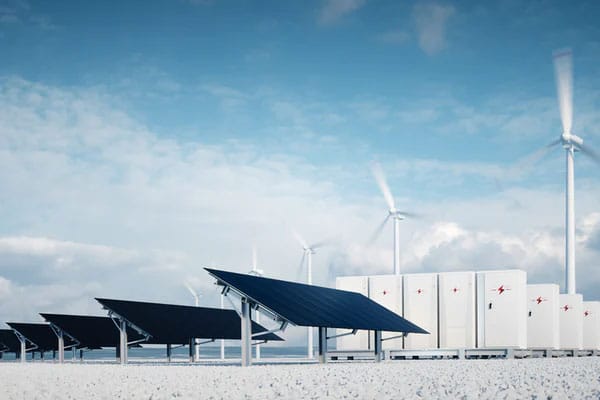



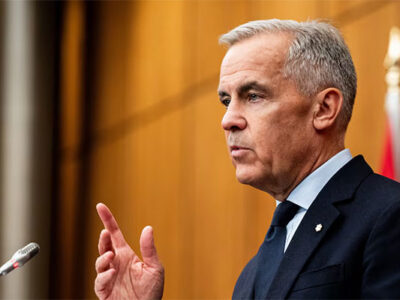


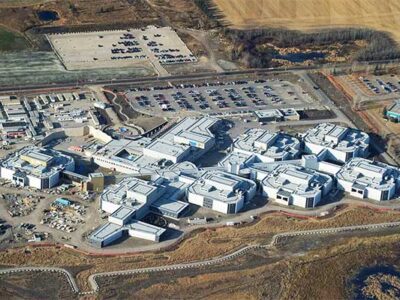
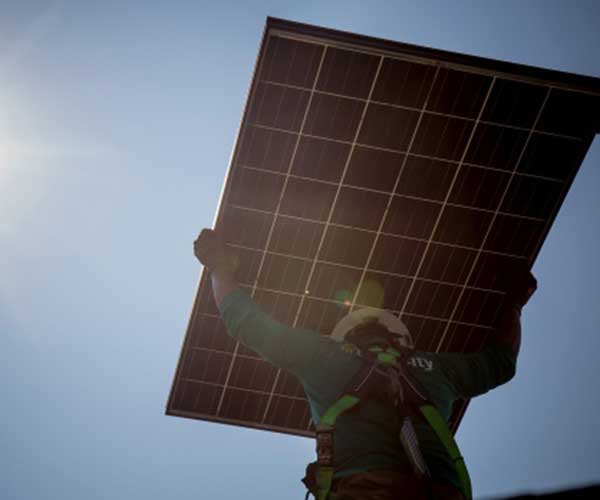


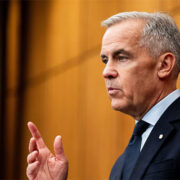


Comments